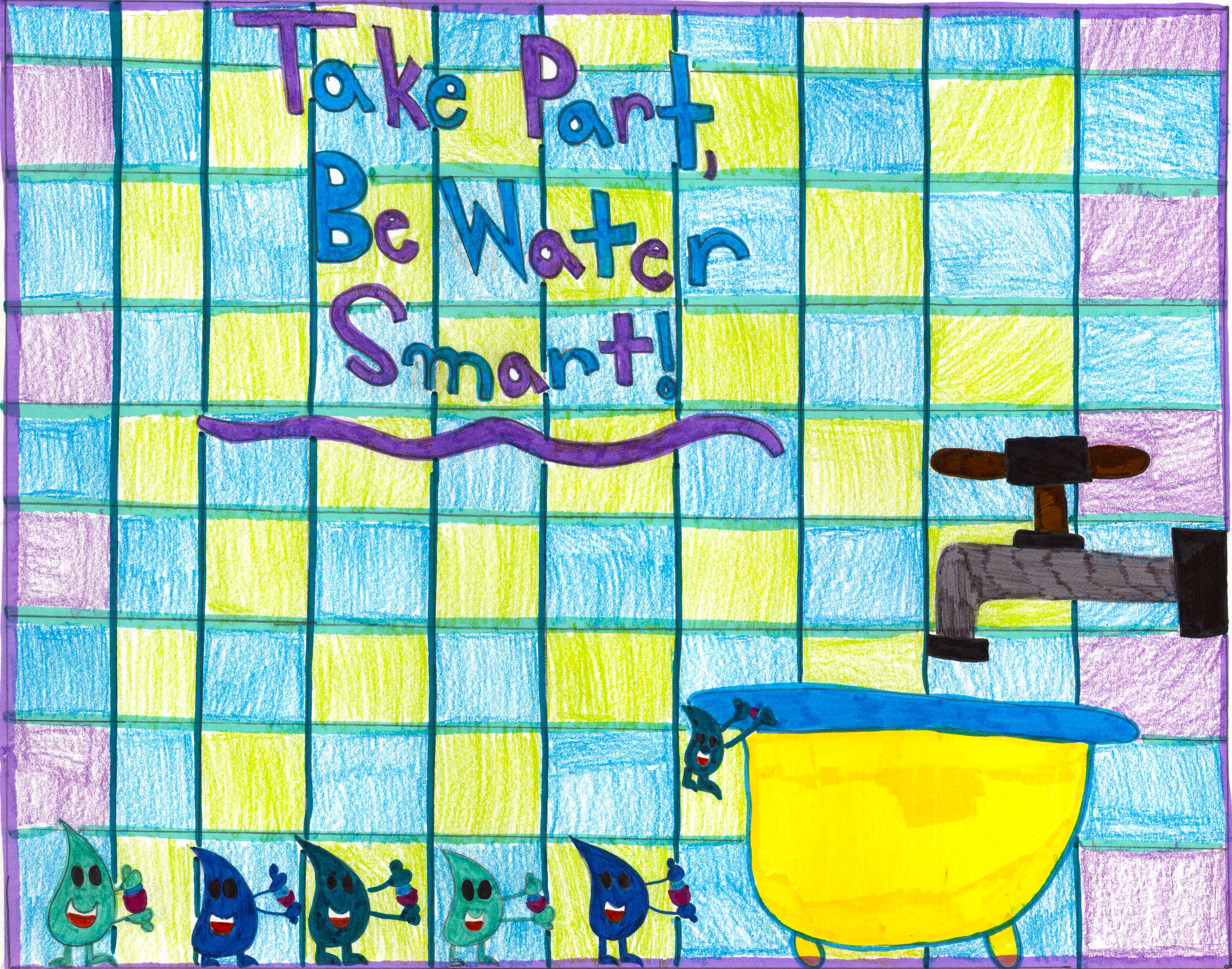3 Ways to Save Water in the Landscape
Simple Irrigation Fixes That Can Save $$$$
Consider this first: 80% of plant problems are due to over-watering. (Source Sunset Magazine)
Gardeners’ Guild saved a residential community client 53% off their water bill by rigorous monitoring of their system and simple repairs.
- Fixing Irrigation Leaks and Breaks*
- Capping irrigation in places that didn’t require watering
- Consistent monitoring
Make sure you are not wasting water due to leaks! Here are some facts about leaks:
- Drip irrigation is efficient when it is not leaky. If an emitter gets chopped, tubing can get punctured and valves can get stuck open.
- A system that has a leak of 1/32nd of an inch in diameter (about the thickness of a dime) can waste about 6,300 gallons of water per month.
- Check your garden hose for leaks at its connection to the spigot. It it leaks while you run your hose, replace the hose washer to ensure a tight connection.
If you have a high water bill and suspect it is due to a leak, consult with certified irrigation professionals like Gardeners’ Guild. We have a team of experts who know precisely where to look. Whether it’s your residence or a commercial building call us even if you have a question.
Irrigation improvements will also make a difference
- For ground cover and shrubs – convert from spray irrigation to drip.
- For turfgrass – convert to high efficiency nozzles. Turn your standard spray head into a precision device. It will reduce runoff and save you money.
- Automatic rain shutoff device; called a rain sensor, will shut off your irrigation system when it senses a specified amount of rain has fallen. It is simple and inexpensive.
- Smart or weather based irrigation controllers will save you upwards of 30% off your water bill. They calculate plant water requirements using on site or remote weather stations.
Cultural Practices
- Remove all or some of your turfgrass and replace with drought tolerant plants or natives.
- Is your lawn compacted? This impedes the soil from absorbing water. Aeration and dethatching will reduce the amount of water your lawn needs.
- You can mow less. Allow it to grow out as seasonally appropriate. It will lessen heat exposure to soil, producing deeper roots and providing a larger soil reservoir to draw from.
- Mulch your planter beds. This will increase their water holding capacity.
- Organic products make your soil healthier and it will hold more water.





Leave a Reply
Want to join the discussion?Feel free to contribute!